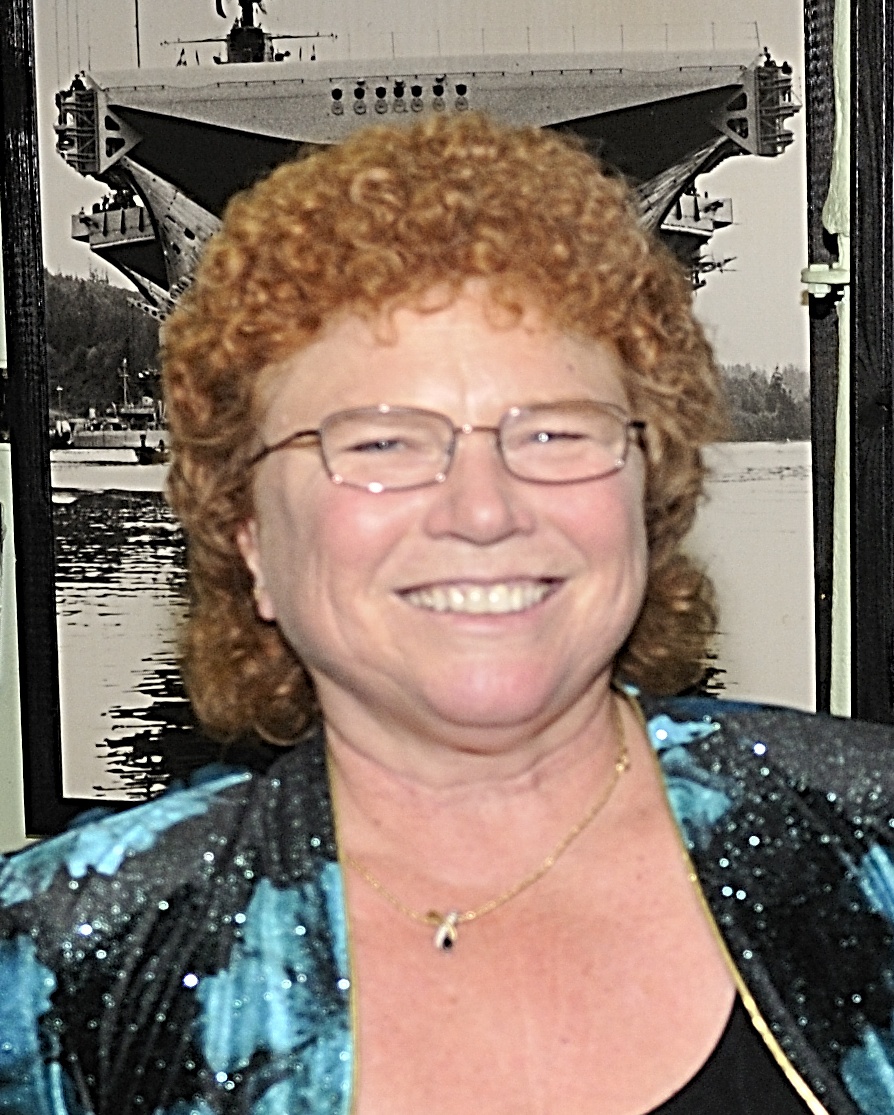How I Lead: Read the Sign on Their Backs That Says 'Make Me Feel Important'
Lori Aquilino puts a premium on employee ideas at FAA.
Lori Aquilino, former manager of the Federal Aviation Administration's San Francisco International Field Office , spent 20 years leading a virtual team of aircraft safety inspectors worldwide. She and her team at FAA created an award winning telework program to manage a global workforce. Aquilino, now retired, works as an aviation consultant.
What is the best leadership lesson you've learned?
Everybody walks around with a sign on their back that says "Make me feel important!" If you treat people as if you see this sign on their back, you will always remember that people respond well to being treated as a valuable member of the team and not so well when they are considered just a tool to accomplish management’s plan.
How did you get to where you are today?
Persistence. I came into aviation at a time when it was not a common field for women. I learned that with persistence you will always get where you want to go -- it just may take a little time.
What leadership lessons did you try to convey to your team?

To work as a team. We can do so much as a team and so little as individuals. If we stay together, support each other, and work together as a team, no one can tear us apart.
What do you look for in potential employees when making hiring decisions?
I always worked in a virtual environment, so I would look for employees who could work and produce in that environment. Not everyone is cut out for virtual work, so you have to find those that are self-starters and work well on their own.
What strengths do you bring your organization?
I brought management and organizational skills to my job with the FAA. I believe that when people become managers, they should be trained in organizational skills to lead their group forward. I have found that being systematic and helping my team stay organized helps everyone stay on path and maintain a high morale because it keeps expectations visible and attainable.
What career accomplishment are you most proud of?
I am proud of my office being awarded the national award for New Programs in Government for Telework by the Office of Personnel Management and the General Services Administration, at a time when it was not an accepted practice. We implemented a virtual environment with a fully automated reporting system that our inspectors developed for our office.
How do you involve your employees to ensure everyone is on board with a new idea?
I let my employees come up with the idea and how to incorporate it into our daily working lives. If you want to have someone buy into an idea, have it be one of their ideas.
What is your latest goal or ambition?
I am now retired, so my latest goal is to stay involved and have fun. I work on several different business projects and stay involved in aviation consulting. I enjoyed my career as an FAA inspector and manager, and now enjoy having my own businesses in several areas to include aviation and automation.
What is the most important thing you have learned in your career?
Don’t take things too personally. People say things, ask for things, or demand things that will make you wonder if they are kidding. I was taught a long time ago that every day is like taking the jelly beans out of the jar and separating them. Some days people want the yellow ones and some days they want green ones. I learned not to worry, and to go with the flow.
What was your biggest career risk?
Trying to join the FAA and federal service was my biggest career risk. When I joined the FAA there was a long-established hiring freeze and there had never been a woman hired as an air carrier maintenance inspector. I called an FAA manager every Tuesday for two years to see if there were any jobs coming out. Then, one day, the FAA put out bids for temporary jobs. I was selected for a temporary position, so I left my job at the airlines as an aircraft maintenance technician to join the FAA on a one-year temporary basis at minimal pay. Leaving a secure job for a temporary government job was a risk I am happy today that I took. I ended with a wonderful, long career and have always been happy they did finally hire me as a permanent employee. From this experience, I learned persistence. Just because something does not work the first or the 10th time, it does not mean it will not work all the time. I have learned to keep going for my dreams and they will come to fruition.
What motivates you?
A thank you or a pat on the back motivates me. I believe managers can inspire their employees by trying to appreciate their accomplishments. If a manager can take the time to make his or her employees feel special and excited for what they are doing, they will be happy to come to work each day, and they do a great job.








